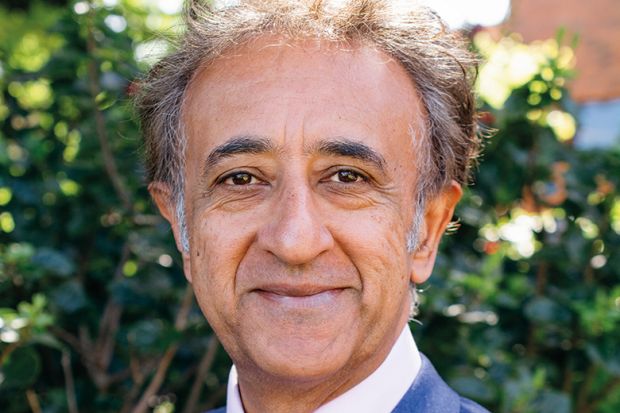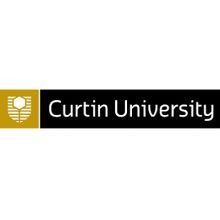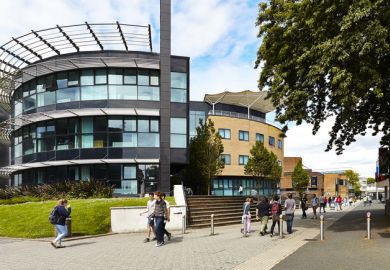Australian universities lavish hundreds of millions of dollars on “marginalised” equity programmes with little attempt to gauge their effectiveness, according to the head of a rebadged “what works” centre for higher education inclusiveness.
Shamit Saggar said the research skills that most vice-chancellors had developed early in their academic careers were rarely deployed to evaluate the equity programmes they oversaw. “They don’t know necessarily whether they’re working or why, and therefore, they don’t know what the remedial issues could be,” he said.
“The universities…have all struggled to get these programmes taken seriously by the dean of engineering [or] law. They tend to be a bit siloed and marginalised. [Equity] slips between the cracks.”
In mid-2023, the British-raised political scientist, who was a strategy adviser to former UK prime minister Sir Tony Blair, assumed leadership of the National Centre for Student Equity in Higher Education (NCSEHE), based at Curtin University. He has now overseen its rebirth as the Australian Centre for Student Equity and Success (Acses), an outcome of a A$20.5 million (£10.6 million) funding injection unveiled by the education minister, Jason Clare, in mid-2022.
Professor Saggar has modelled the body on the UK’s 11 “What Works” centres. “We don’t want to just sit around analysing all day, interesting though that would be.” With equity now firmly established as a core business by the Universities Accord review, he said, institutional leaders could no longer treat it as someone’s “special interest”.
A considerable body of knowledge has already been assembled through NCSEHE’s work and other research undertaken in “splendid isolation”, he said. Insights can also be drawn from studies into disadvantage in areas such as health, transport, housing and schooling.
“We’ve got all this stuff, and our job is to share it,” Professor Saggar said. “I’m wandering around Australia with a silver tray [saying]: ‘Here’s good stuff that you can use; this is tailored around your university as far as possible. I don’t really care what you pick as long as you pick something.’
“The universities are doing the best that they can so far with the resources, financial and non-financial, but it hasn’t necessarily worked. The minister is saying…he would like better equity outcomes. We’re getting started on the job of how that might happen. We’re here at the disposal of 39 universities.”
The centre is rolling out about a dozen randomised controlled trials testing the effectiveness of interventions to foster engagement with learning platforms, for example, or to encourage students to submit assignments. “They’re about testing a specific proposition,” Professor Saggar said. “We’re quite relaxed on what those propositions are, as long as there’s scalability.”
Acses is funding new research and evaluating institutional approaches to things such as pastoral care, outreach days and career education for refugees.
It is also focusing on untangling universities’ “inconsistent” equity data. “They don’t share it with themselves very well, [and] they tend to count different things. Everyone could do it 20 per cent better, and our job is to facilitate that,” Professor Saggar said.
Professor Saggar said he also planned to address a surprising paucity of international research into how leadership attributes affect universities’ equity outcomes.
“If you’re looking at which firms succeed more than others, you wouldn’t leave out the senior management,” he said. “It’s the first thing you’d be looking at. So why would you leave out the senior management of universities as a factor that determines the equity lens?”
Register to continue
Why register?
- Registration is free and only takes a moment
- Once registered, you can read 3 articles a month
- Sign up for our newsletter
Subscribe
Or subscribe for unlimited access to:
- Unlimited access to news, views, insights & reviews
- Digital editions
- Digital access to THE’s university and college rankings analysis
Already registered or a current subscriber?










